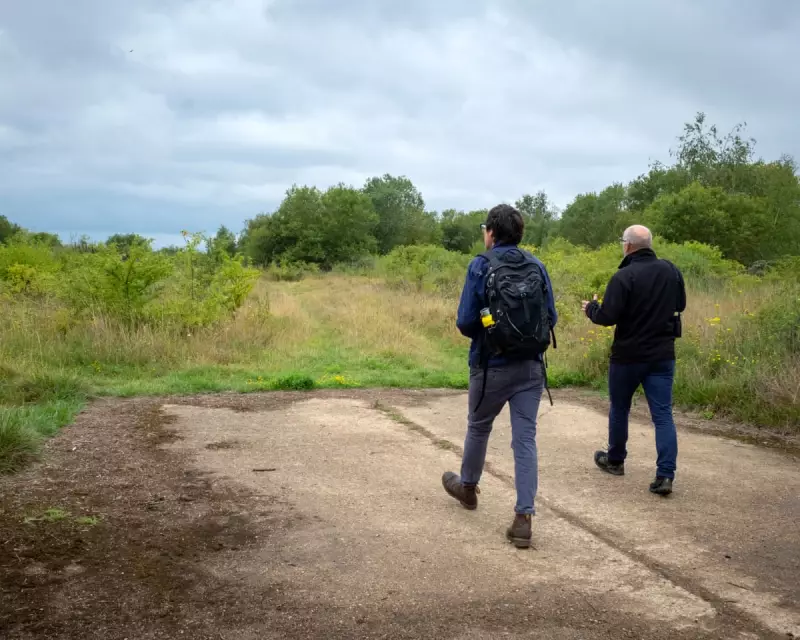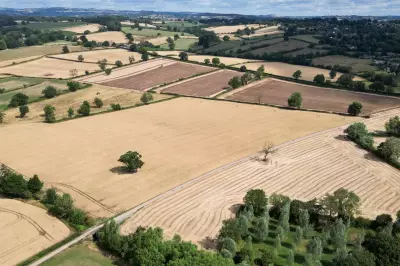
In a remarkable turn of events, a once-polluted oil refinery site in the UK has become an unlikely haven for thriving wildlife populations. The abandoned industrial site, which previously represented environmental degradation, now stands as a testament to nature's extraordinary ability to recover when given the chance.
Nature Reclaims Its Space
Ecologists report that the 250-acre brownfield site has spontaneously transformed into a biodiverse hotspot over the past decade. Species thought to be in decline across the UK, including several protected birds, rare insects, and even small mammals, have established stable populations in the area.
Unexpected Ecological Benefits
The site's unique conditions have created perfect habitats for species that struggle in more managed environments:
- Over 60 bird species recorded nesting on site
- 12 species of bats found using old refinery structures
- Rare wildflowers flourishing in the contaminated soil
- Amphibians thriving in abandoned industrial basins
Conservationists Take Notice
Local environmental groups have begun working with the site's owners to formalize protection measures while maintaining the area's industrial heritage. "This wasn't planned conservation - it's nature taking advantage of human neglect in the most positive way possible," explained Dr. Helen Carter, an ecologist leading the research.
Lessons for Urban Planning
The site's transformation challenges conventional approaches to brownfield redevelopment. Rather than expensive remediation and construction, this accidental rewilding suggests that sometimes, the best approach might be leaving well enough alone.
Planners are now considering how to apply these lessons to other abandoned industrial sites across the UK, potentially creating networks of urban wildlife corridors where nature is allowed to take the lead.





